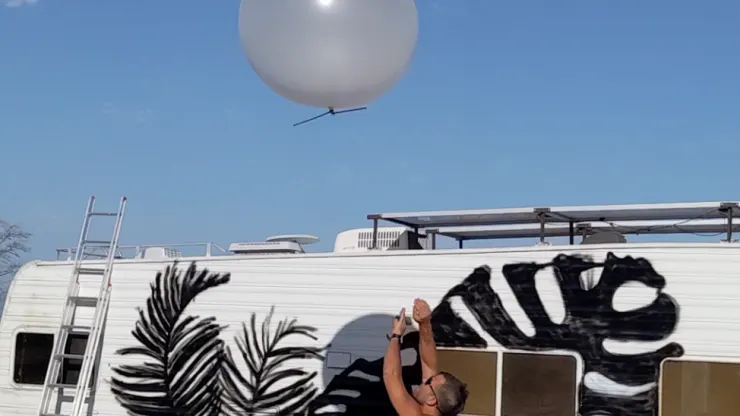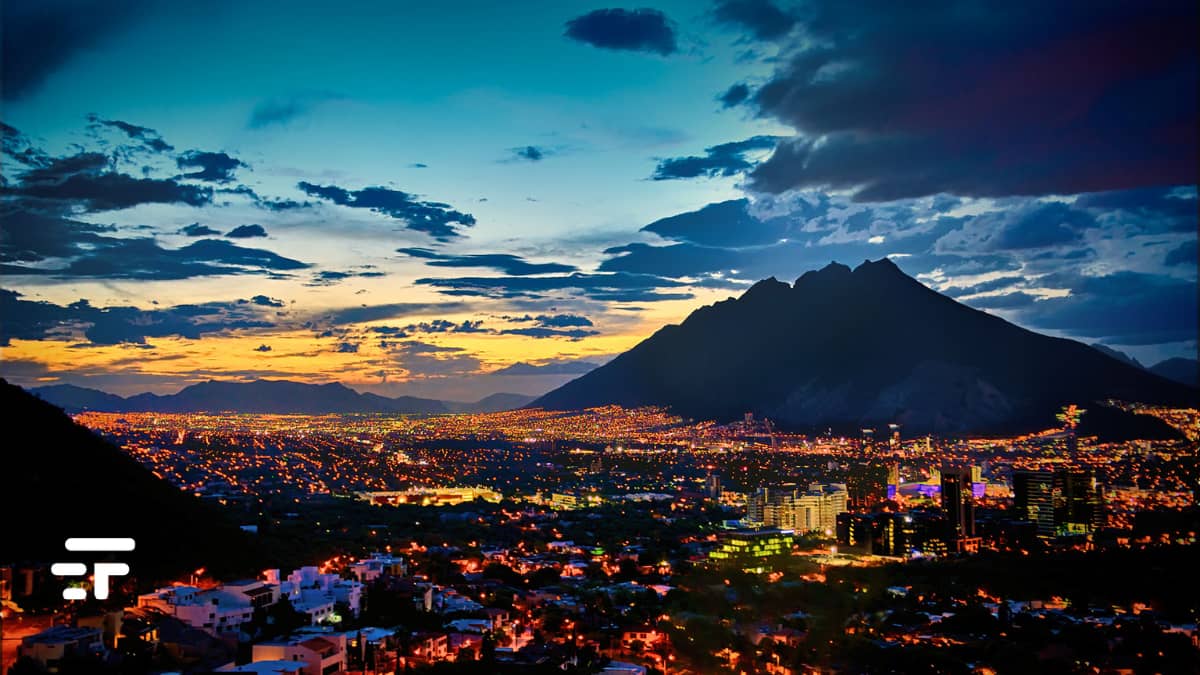Mexico has announced its intention to ban solar geoengineering experiments. You know what it is, we have already talked about it: To summarize, it is a technique that aims to counteract global warming by reflecting sunlight. And it attracts criticism and concerns about possible negative consequences resulting from the alteration of the Earth's atmosphere. The Mexican government's decision comes following controversial attempts to release reflective particles into the stratosphere by Make Sunsets.
The startup carried out field tests without any authorization or consent from the local government, in violation of an initial ban issued last week by the country's Environment and Natural Resources Secretariat. The prohibition, is specified in the advert, aims to protect communities and the environment in the absence of clear international rules for the regulation of these experiments, which could have global consequences.
Solar geoengineering, the tests
Luke Iseman, CEO of Make Sunset, downplays the scope of activities. Last year, he says, his startup simply threw two balls, each “loaded” with less than 10 grams of sulfur dioxide (SO2). Once upon a time we would have called it sulfur dioxide. “It is a much smaller amount than what is usually released into the air by fossil fuel-fired thermoelectric power plants, not to mention that released by volcanoes. Furthermore, we haven't tracked the balloons and we don't even know if they reached the expected altitude."
This did not prevent the "indefinite" ban (cit.) on any activity related to solar geoengineering. And, despite the modest activities declared, Make Sunsets' ambitions remain very high.

Make Sunsets, ambitions and risks
The startup founded just 3 months ago, in October 2022, has big plans for the future. It aims to make agreements with various local governments, especially in the island areas most threatened by climate change. His vision? Do no more, no less than what was done in the first tests, but much bigger, releasing sulfur dioxide to reflect the sun's rays and prevent them from overheating the atmosphere: activities whose effects and risks are still widely debated.
Because, regardless of what is said in "customs-clearing" circles, solar geoengineering is a very controversial topic. Of course, the White House Office of Science and Technology Policy is developing a five-year research plan to understand the potential impacts of this technique (both positive and negative). Meanwhile, however, United Nations experts recently declared that solar geoengineering carries "significant risks" and can have "unintended consequences" on the ozone layer.
Mexico has said it wants to stop any large-scale geoengineering within its borders. Would you feel like blaming him?


